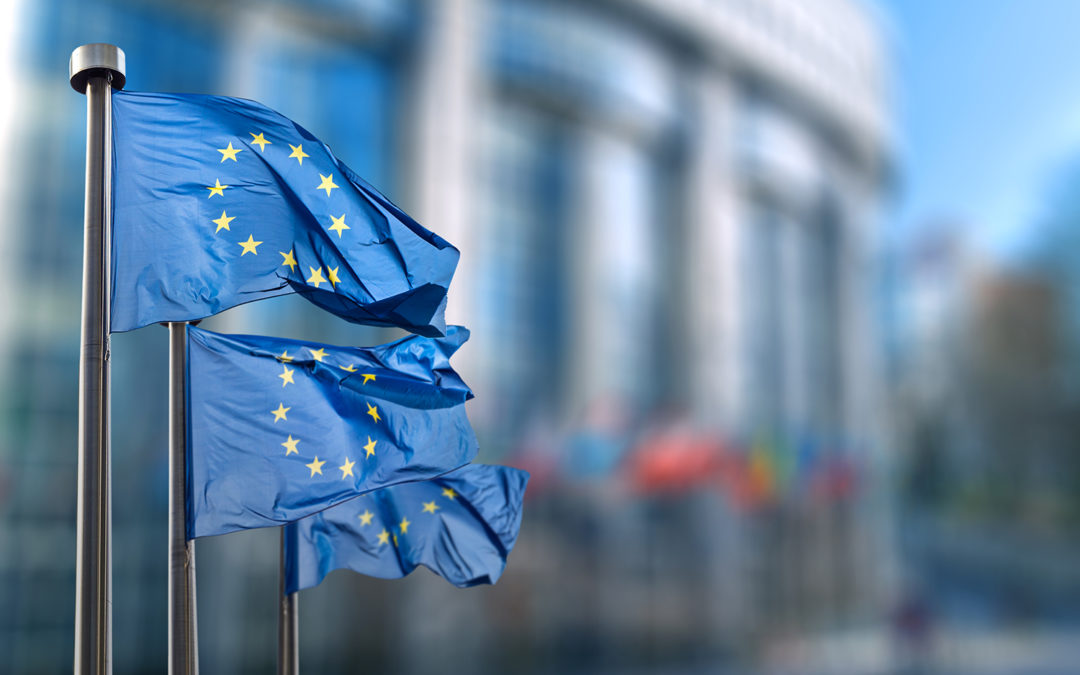The European institutions established the Neighbourhood, Development and International Cooperation Instrument (NDICI) – ‘Global Europe’ for the next MFF period (2021-2027). This instrument will support the EU’s external action with an overall budget of €79.5 billion in all third countries.
The objective of the NDICI is to support the sustainable global recovery from COVID-19 and promote partnerships across the world that invest in democracy and human rights. Private investments are funded to increase the mobilisation of the EU’s 17 Sustainable Development Goals (SDGs), the 2030 Agenda and the Paris Agreement.
The new EU’s external action financial instrument will be leveraging private capital to complement direct external cooperation grants. The NDICI will implement sustainable partnerships targeted at economic recovery and resilience of the EU’s neighbours in the East and South by boosting growth and jobs and support key sectors like connectivity, infrastructure, energy, digital and green transformation. In particular, at least 20% of the overall funding shall be targeted to human development and 10% to education.
“Our new comprehensive instrument underpins the EU’s external action and enables us to be a leading global player and a reliable partner in the international scene, supporting our multilateral agenda. It gives us the flexibility needed to respond faster and in a more coherent way to ongoing and emerging global challenges, while supporting global priorities such as peace and stability, good governance, trade and inclusive and sustainable growth. This is what the world is expecting from the EU and we deliver. ” – High Representative of the European Union, Josep Borrell
The total allocation will be divided as follows:
- €60.38 billion for geographic programmes (at least €19.32 billion for the Neighbourhood, at least €29.18 billion for Sub-Saharan Africa, €8.48 billion for Asia and the Pacific, and for Americas and the Caribbean €3.39 billion);
- €6.36 billion for thematic programmes (Human Rights and Democracy, Civil Society Organisations, Peace, Stability and Peace Conflict Prevention and Global Challenges);
- €3.18 billion for rapid response actions.
- €9.53 billion as a “buffer” of unallocated funds is kept ready to top-up any of the above allocations to address unforeseen circumstances, new needs or emerging challenges and promote new priorities.
The NDICI is expected to enter into force in the coming months. Once adopted, the European Commission and the European External Action Service will prepare the implementation of the thematic programmes. The EUFUNDINGMAG will keep you posted on relevant public funding opportunities in the framework of the NDICI.


Recent Comments